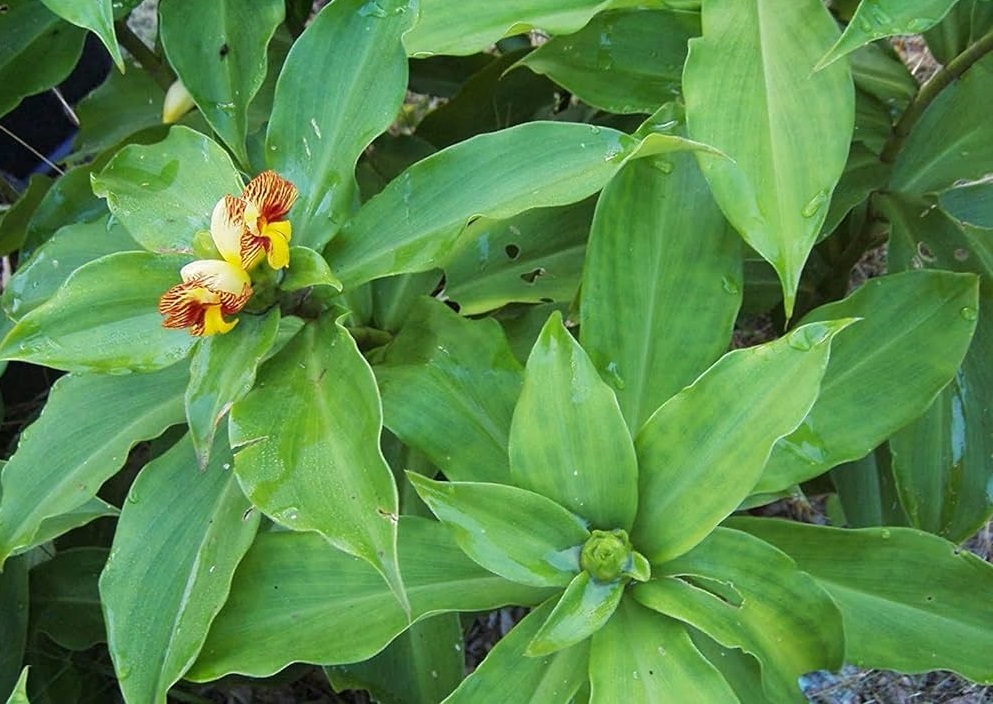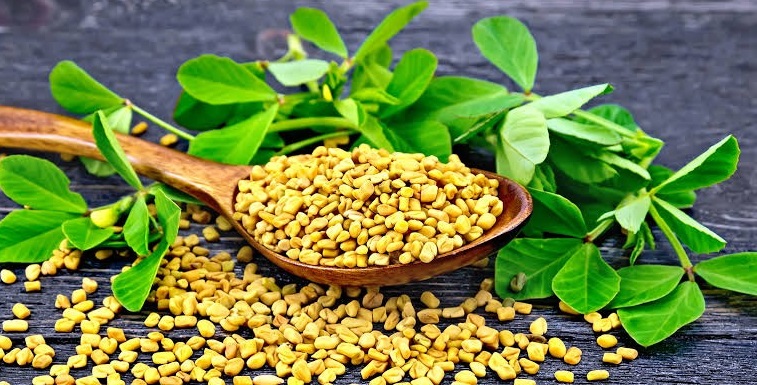The insulin plant, known scientifically as Costus igneus, is a medicinal herb that has been used in traditional medicine for centuries. Native to Southeast Asia, specifically India and Malaysia, this plant is known for its potential antidiabetic properties. In recent years, it has gained attention for its possible role in managing blood sugar levels and insulin resistance. To understand how the insulin plant may be beneficial, it is important to explore its chemical composition.
The Active Compounds in the Insulin Plant
Several studies have analyzed the chemical composition of the insulin plant, allowing researchers to identify its active compounds. The presence of these compounds may contribute to its medicinal properties. Here are some of the key compounds found in the insulin plant:
1. Alkaloids
Alkaloids are naturally occurring compounds with diverse biological activities. They have been identified in various plant species, including the insulin plant. Alkaloids play a crucial role in medicinal plants, as they can have potent effects on the human body. Some studies suggest that the alkaloids in the insulin plant may help improve glucose metabolism and promote insulin sensitivity.
2. Flavonoids
Flavonoids are a group of plant metabolites that exhibit antioxidative and anti-inflammatory properties. These compounds are commonly found in fruits, vegetables, and medicinal herbs. Research suggests that the flavonoids present in the insulin plant may contribute to its potential antidiabetic effects. They may help regulate blood sugar levels and reduce the risk of developing complications associated with diabetes.
3. Phenols
Phenols are organic compounds that possess strong antioxidant properties. They are known to scavenge harmful free radicals in the body, thus protecting cells from oxidative stress. The insulin plant contains phenolic compounds, which may contribute to its medicinal properties by reducing inflammation and supporting overall well-being.
4. Triterpenoids
Triterpenoids are complex organic compounds found in many plants, including the insulin plant. These compounds are known for their pharmacological activities, which may include antidiabetic effects. Some studies suggest that triterpenoids present in the insulin plant may enhance insulin secretion and improve glucose uptake, potentially aiding individuals with diabetes.
The Role of Chemical Composition in Insulin Plant’s Potential Benefits
The chemical composition of the insulin plant plays a significant role in determining its potential medicinal benefits. The presence of alkaloids, flavonoids, phenols, and triterpenoids contribute to its antidiabetic and health-promoting properties. These compounds work synergistically to provide various effects that may help individuals with diabetes or those at risk of developing the condition.
Flavonoids, for instance, may help improve insulin sensitivity and reduce insulin resistance. This can be crucial in managing blood sugar levels and preventing complications associated with diabetes, such as cardiovascular diseases and neuropathy.
The antioxidant properties of phenols and triterpenoids may also contribute to the overall well-being of individuals consuming the insulin plant. By reducing oxidative stress and inflammation, these compounds may help protect cells from damage and support overall health.
In Conclusion
The insulin plant, with its unique chemical composition rich in alkaloids, flavonoids, phenols, and triterpenoids, holds potential as a natural remedy for managing blood sugar levels and promoting overall health. While further research is needed to determine the precise mechanisms of action and efficacy, incorporating this medicinal herb into a healthy lifestyle may offer promising benefits for individuals with diabetes or those seeking to enhance their well-being.
Remember, it is always recommended to consult with a healthcare professional before adding any new herb or supplement to your routine, especially if you have an existing medical condition or are taking medications.

